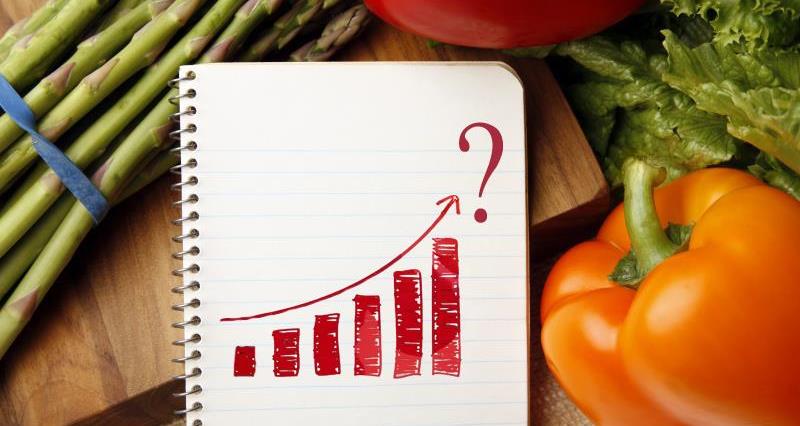The attraction of organic food worldwide and within the UK is growing at a much faster rate than conventional food products, with UK organic sales increasing 4.9% in 2015-2016, according to the Financial Times.
Organic and natural products are growing in popularity not just the food sector, but also the cosmetic and skincare sector, showing organics is becoming more of a lifestyle than a one off purchase. However, it is important to note that some consumers still are often not consciously buying organic products, many are purchasing products due to the brand recognition and may be unaware than it is an organically produced product, for example Yeo Valley or Rachel’s Yoghurt.
Certain categories of product, such as baby food, are also only produced from organic materials leaving the consumer with no choice than to purchase organic.
In numbers...
- 50% of regular organic consumers would consider purchasing more organic produce if it was available
- 15-20% of consumers purchase organic outside of the supermarket, contributed to by availability
- 48% of UK households bought some organic food in 2015
- Organic shoppers are more promotion-driven, although over one third purchase products irrespective of price
The question you may be asking yourself is why is organic becoming so popular? Current food and buying trends are showing that people are no longer sporadically calorie counting, but want a healthier lifestyle and view organic products as a means to achieving this.
Many consumers are sighting concerns over antibiotic resistance bugs and worries about just what we are putting it our body, many people are happy to prioritise health over price.
The average British consumer buying into the organic sector is someone of a higher social class, in a small household, with no or one child, between the ages of 25-45 years old. The majority of the ‘average organic consumer’ is more likely to have disposable income and will be buying for a smaller group of people so are more likely to purchase products of a higher price and quality, usually premium ranges including organics.
The millennial generation is often said to be driving the growth in the organic industry. It has been shown that we carry our eating and lifestyle habits through to our older age, the hope is that the younger group of consumers will carry up this want of organic produce to an older age. Currently the older generations are the smaller percent of the market buying into organics.
The top four growing categories in the organic sector are fruit up 28%, milk up 20%, veg up 19%, and yoghurt also up 19% from 2015 to 2016. This shows that people are converting their staple products to organic and not just one off niche products.
Some of the biggest UK retailers are aware of the opportunities for sales by adopting more organic products with Tesco and Waitrose together contribute to 44% of growth of organic fresh and chilled sales. However, some of the top UK retailers are reducing the amount of organic produce on their shelves due to changing in their overall business strategy and not seeing organic as a reliable stream.
The NFU will continue to highlight opportunities to source British organic products with the UK’s retailers, as there are concerns that the growth in the market is due to imports.
